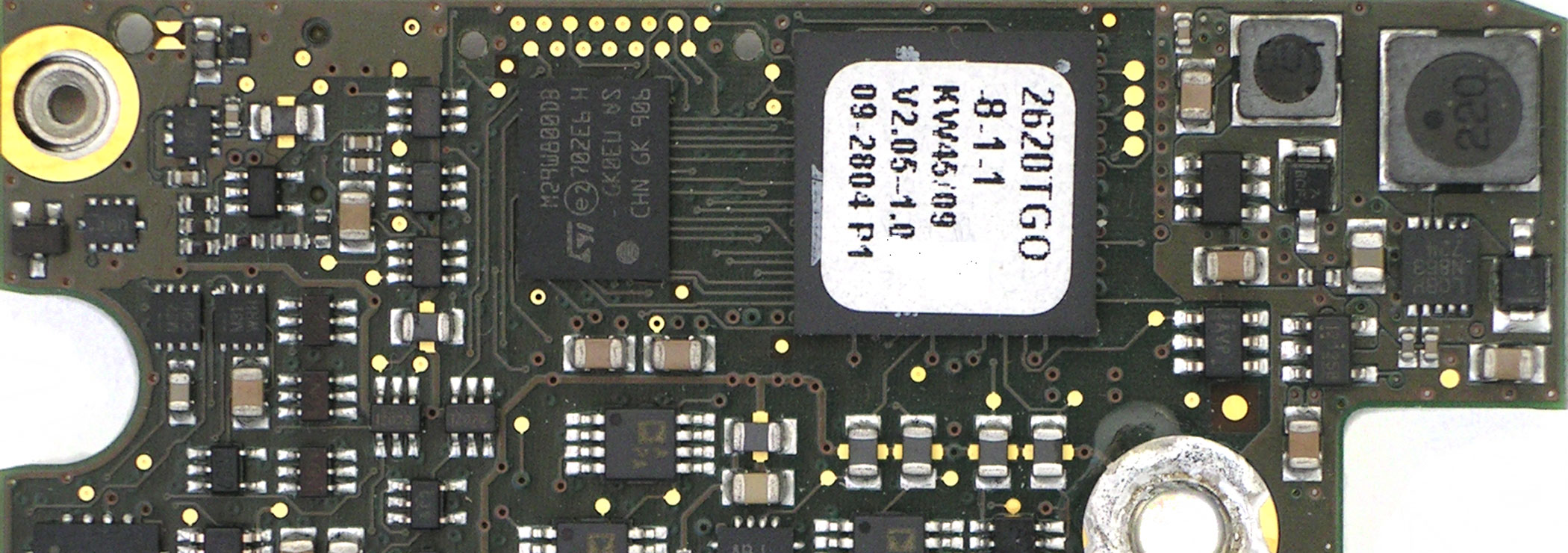What does Embedded Mean?
Embedded systems or software generally and simply means that control happens by a computer.
Embedded means that the computer is built into e.g. a machine, a vehicle or an aircraft. From the outside such embedded computers are often not recognizable as computers. This is also because the computers are purpose-bound. They can do exactly one task, which can also be very complex, namely control the machine and exchange data (parameters, measured values...) about the machine.
From the technical side, embedded systems often have a specific real-time operating systems (RTOS) or no operating system at all ("bare-metal").
In a broader sense, smartphones, for example, are also considered embedded systems to some extent. Since these are actually generic computers on which any application can run, we would not assign them to the embedded world.
What is the Difference between Embedded and IT?
Here we have compiled the most important differences:
| IT | Embedded | Reasons for the Difference | |
| Computer Architectures | complex often x86 | simple often ARM-Cortex | space, power consumption (battery), price |
| Computing and Storage Capacity | more or less unlimited | very heavily to heavily limited | space, power consumption (battery), price |
| Memory and Peripherals | mostly with external memory and peripherals | often everything on one chip, SoC (System on Chip) | space, power consumption (battery), price |
| Real-Time Capability | none, even audio and video can be jerky | guaranteed response times down to the millisecond range | necessary (short) reaction and processing time, uniform control cycle |
| Operating Systems | more complex and extensible operating systems | often simpler and specialized operation systems or none at all ("bare-metal") | real-time capability, power consumption (battery), price |
| Applications | any, expandable by the user | mostly fixed | the computer is purpose-bound for control |


No Comments